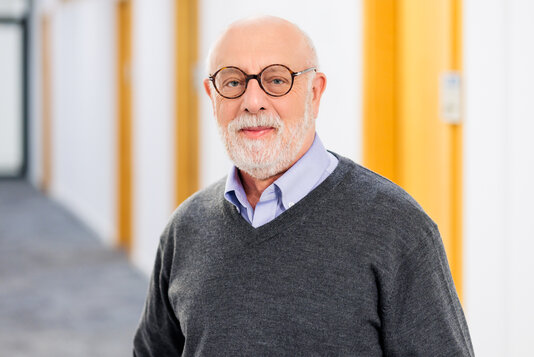
Albert the Great (d. 1280) deserves a preeminent place in the history of science both for his Latin commentaries on Aristotelian natural philosophy and for his own observations of plants, animals, and humans. This research project, pursued in tandem with Professor Alexandra Cuffel (Ruhr University Bochum), will investigate Albert’s understanding of humoral complexion and its influence upon health and disease in both individuals and whole peoples, leading to a reconstruction of his ethno-anthropology.
Albert’s most sustained discussions will be found in his own “De natura loci” (ca. 1251-54); in his commentary to Pseudo-Aristotle’s “Liber de causis proprietatum elementorum” (ca. 1251-54); in his commentaries to Aristotle’s “parva naturalia” (ca. 1256); and in his massive paraphrastic commentary on Aristotle’s “De animalibus” (ca. 1263). These discussions consider astrological influences – for example when a conjunction of Jupiter and Mars introduce “pestilential vapors” to the air below that produce illness across large populations – and geography and environmental influences that diversify human complexion in accordance with the earth’s climata. Like the four elements themselves, each human group has a “natural place” and those living in it share the same complexion. Yet “people who change their places for contrary climes grow weaker and are impaired on account of the unnaturalness of the place,” but “when they return to their native places, they recover health” (De natura loci, I, 2). Nonetheless, Albert observes that migrating populations may gradually adapt to a new clime after several generations, altering not only their physical attributes but also cultural mores. Albert evaluates and ranks these attributes and mores in an elementary ethno-anthropology that produces a “racialist” polemic of health and disease that will inform medieval and early modern natural philosophy, medicine, and theology.

Prof. Irven M. Resnick
University of Tennessee at Chattanooga (USA) | Philosophy and Religion
E-mail: irven.resnick@college-uaruhr.de
Irven M. Resnick (Ph.D., University of Virginia) is a professor of Philosophy and Religion and has held the Chair of Excellence in Judaic Studies at the University of Tennessee at Chattanooga (USA) since 1990. Resnick has received numerous grants and awards, including a DAAD Research Visit Grant to Germany. He has been a Corresponding Fellow at the Ingeborg Rennert Center for Jerusalem Studies at Bar-Ilan University (Israel), and from 2003 to 2018 he was a Senior Associate at the Oxford Centre for Hebrew and Jewish Studies (UK), where he also directed four National Endowment for the Humanities summer institutes for university faculty. From 2006 to 2008, he was an associate of the sub-faculty of Near and Middle Eastern Studies at Oxford University’s Oriental Institute. For fall semester 2006, he was a Distinguished Visiting Fellow at Queen Mary, University of London.
Irven Resnick has published nineteen volumes (as author, translator, or editor) and more than sixty academic journal articles.
Website
Prof. Alexandra Cuffel
Ruhr University Bochum, CERES | Jewish Religion in Past and Present Times
E-mail: alexandra.cuffel@rub.de
Prof. Alexandra Cuffel
Ruhr University Bochum, CERES | Jewish Religion in Past and Present Times
E-mail: alexandra.cuffel@rub.de
Alexandra Cuffel is Professor of Jewish Religion in Past and Present Times at the Center for Religious Studies, Ruhr University Bochum. Until 2012 she has been Adjunct Professor of History at the College of New Jersey and Adjunct Assistant Professor at the Jewish Theological Seminary, NYC. From 2004 to 2008 she was Assistant Professor of pre-modern World History at Macalester College. Prior to that she was Assistant Professor of Medieval History at Virginia Polytechnic Institute and State University and Visiting Professor at the University of Massachusetts, Amherst. She received several fellowships, among them a fellowship from the American Council of Learned Societies in 2007, the Women’s Studies in Religion Fellowship from Harvard Divinity School in 2006, and a fellowship from the Dorot Foundation at the Hebrew University of Jerusalem in 1996.
Her research focuses on relations between Jews, Christians and Muslims during the Middle Ages, specifically on the intersections of religious polemic, medical theories and gender both in Western Europe and the Middle East. Further research interests are shared saints’ cults and festivals in the medieval and early modern Mediterranean and "racial" attitudes in the Middle Ages.
Website